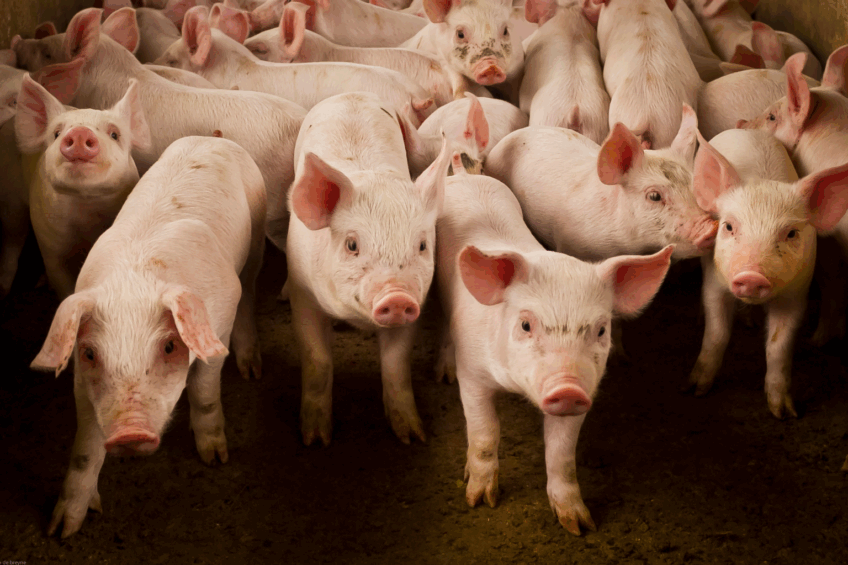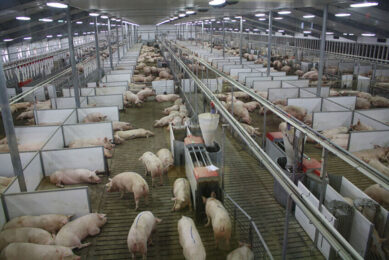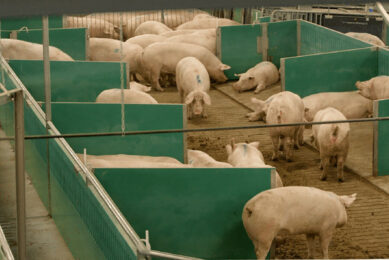Prop 12 in the US: Price hikes of almost 20% in California

New insights have revealed that retail pork prices have increased by nearly 19% in California since the introduction of California’s state law “Proposition 12.” The regulation, in effect since the start of 2024, requires that any pork sold in California – the biggest US pork market – must come from pigs born to sows with more housing space than is typical.
In order to secure ongoing sales in California, many US pork firms and farmers have implemented the required sow housing, no matter where they were located. This has been expensive, and various estimates and tools were created to help producers by estimating the costs involved.
On 23 July 2025, new cost data related to Prop 12, generated by the US Department of Agriculture (USDA), were presented at a US House of Representatives ‘Ag Committee’ meeting. The USDA has found that 27% of US pork producers have made or are working to make investments to comply with Prop 12. Because of these added costs, the USDA says that retail pork prices in California increased by nearly 19% between June 2024 and June 2025.
Pork purchases down by 22% in low-income families
In addition, a USDA study conducted in May 2025 found that California’s low-income families reduced their pork purchases by 22% since the law’s implementation early 2024. NPPC economist Holly Cook has reported to National Hog Farmer Magazine that total pork sales volumes are down “by double digits” in California.
Committee (and US House of Representatives) member Eric Sorensen noted that as Congress continues to “debate the merits and consequences of Prop 12, it’s critical that our discussions be grounded in facts, and not politics. […] The issue is the broader regional implications for producers, supply chains, consumer prices, interstate commerce. […] We must make sure that what we do in this committee strengthens the farmer and strengthens producers.”
Prop 12 – a fight of years
The saga over Prop 12 has been ongoing since 2018. Years ago, National Pig Producers Council (NPPC) and others attempted through legal means to have Prop 12 nullified, taking the position that any US state or states should not be legally allowed to bar market access through imposing standards on products made in other states.
By May 2023, the lawsuit had made its way to the US Supreme Court, but the court upheld Prop 12. In October 2023, several senators introduced a bill opposing Prop 12 called “The Ending Agricultural Trade Suppression Act,” again with a focus on maintain inter-state trade, but it failed to be made into law.
Some time ago, some US legislators created the “Food Security and Farm Protection Act” that reverses Prop 12, again taking the stance that one US state should not be able to impose standards on products produced in other states. A new version of this bill has now been developed.










